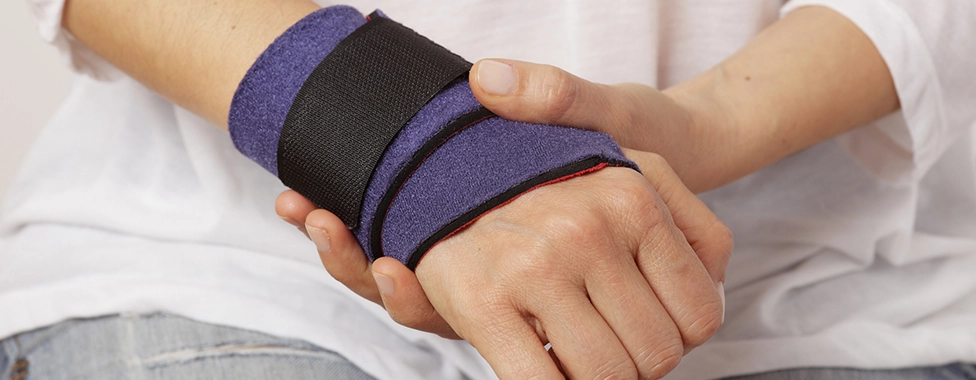Carpal tunnel surgery, also known as carpal tunnel release, is a widely utilized and effective surgical intervention for relieving symptoms associated with carpal tunnel syndrome (CTS). CTS is a common condition characterized by compression of the median nerve as it passes through the carpal tunnel in the wrist, resulting in pain, tingling, weakness, and numbness in the hand and fingers. The surgical procedure involves dividing the transverse carpal ligament to enlarge the carpal tunnel, reducing pressure on the median nerve, and restoring normal nerve function. Carpal tunnel surgery can be performed as an open procedure or through minimally invasive endoscopic techniques, depending on the severity of the condition and the surgeon’s preference. Successful carpal tunnel surgery typically leads to significant symptom improvement, alleviating pain and restoring hand functionality, with most patients experiencing a rapid recovery and a quick return to daily activities. However, careful patient selection, thorough preoperative evaluation, and precise surgical technique are crucial to achieving optimal outcomes and ensuring the long-term success of the procedure.
Carpal tunnel surgery is a medical procedure used to alleviate symptoms caused by carpal tunnel syndrome, a condition where pressure on the median nerve in the wrist leads to pain, numbness, and tingling in the hand and fingers. During the surgery, the transverse carpal ligament, which forms the roof of the carpal tunnel, is divided to release pressure on the nerve. This procedure aims to improve nerve function and alleviate discomfort. Carpal tunnel surgery is typically performed on an outpatient basis and often involves minimally invasive techniques, leading to quicker recovery times and reduced post-operative discomfort. It can provide relief for individuals whose symptoms do not respond to non-surgical treatments, allowing them to regain hand function and resume their daily activities with improved comfort.






